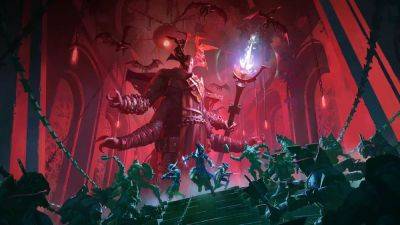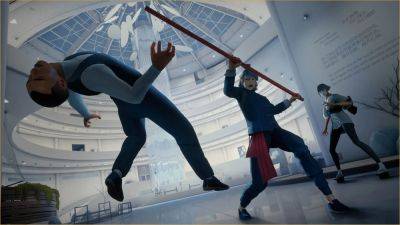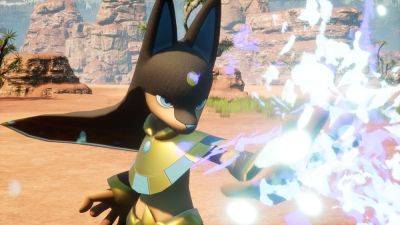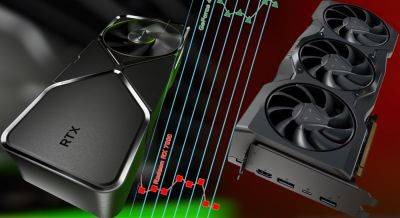AMD's new RDNA 4 gaming-GPU-for-the-masses said to be delayed but will probably still be available before the Nvidia competition
A few weeks ago, we reported it looked like AMD's upcoming RDNA 4 graphics cards could arrive at CES and therefore beat Nvidia's next-gen mainstream GPUs to market, the idea being that RDNA 4 isn't going to compete at the high end and Nvidia traditionally only releases top-end variants of any new GPU family at first.
Well, we have an update, and at first glance it's not the best news. YouTube Channel Moore's Law is Dead (MLID) reports that AMD is delaying RDNA 4. But not because there's any problem with the new graphics architecture itself.
Instead, the reported issue is that AMD and its selling partners still have a glut of existing RDNA 3-based graphics cards to shift. And most of those need to sell first, because the new RDNA 4 cards will make the old stuff look hopelessly overpriced for the performance they give you.
Now, MLID is an outlet of distinctly debatable repute. However, among the misses the channel has certainly had some notable hits over the years and this one rings true.
AMD is now on record with the basic notion that RDNA 4 is not going after the high end. It absolutely makes sense that the purported Radeon RX 8800 XT will make the likes of, say, the existing RX 7900 XT or RX 7800 XT look like a bad deal. We're expecting it to offer something like RX 7900 XT performance, but for about $500.
MLID's sources say that the Navi 31 GPU, which forms the basis of the likes of the RX 7900 GRE, RX 7900 XT and RX 7900 XTX graphics chipsets, is proving particularly hard to shift, with one «major retailer» claiming to be suffering a «huge» oversupply problem.
It's certainly true that there's no problem buying the likes of a RX 7900 XT right now. Current pricing on Newegg is around $680 for a RX 6900 XT, miles below its original $900 MSRP. There are also numerous different RX 7900 XTs available from several board makers.
Keep up to date with the most important stories and the best deals, as picked by the PC Gamer team.
All that implies, though does not prove, the







